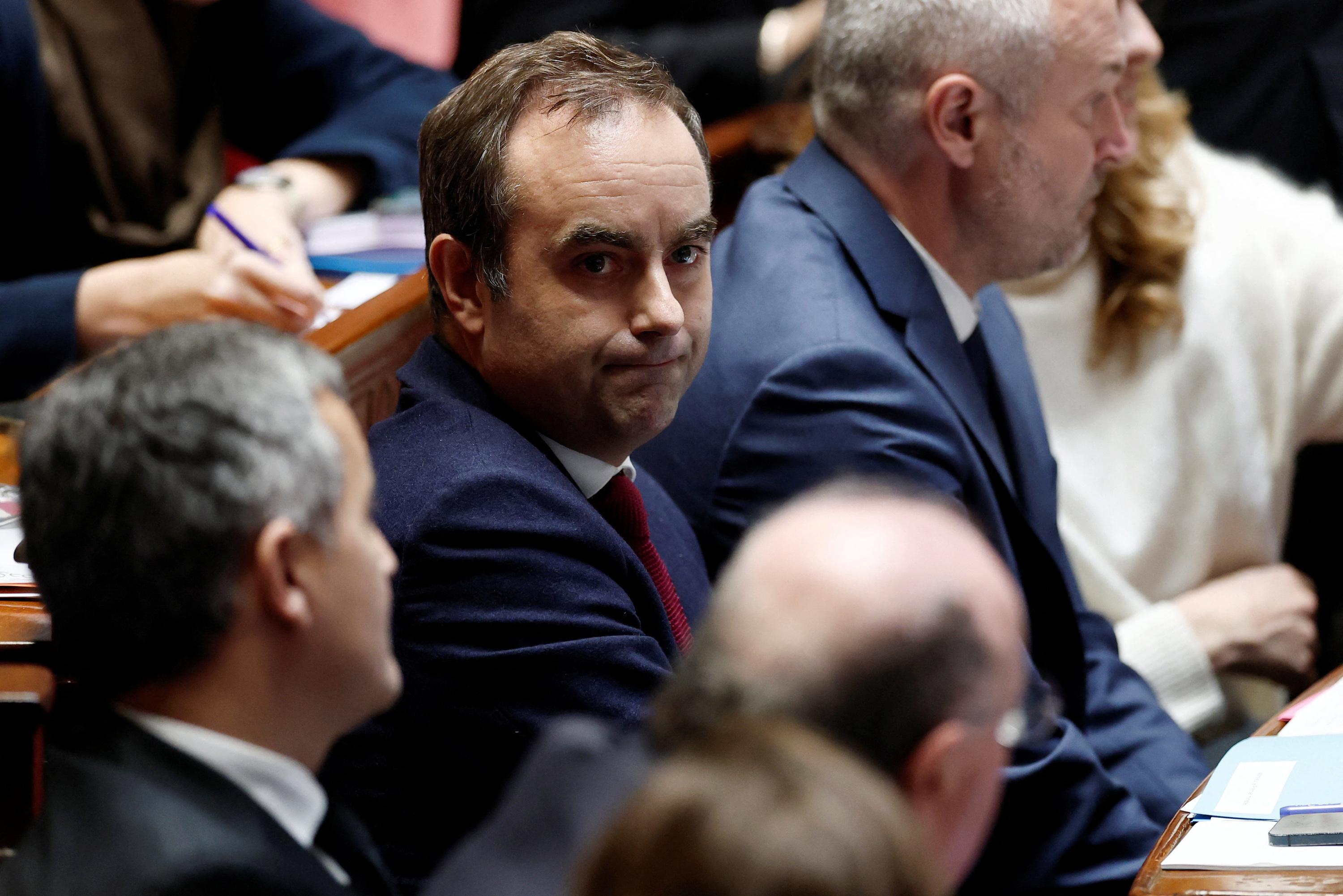French 2026 Budget Faces Rejection and Political Uncertainty Amidst Unprecedented Parliamentary Debate
The 2026 French budget was rejected by the National Assembly's Finance Committee, sparking unprecedented parliamentary debates and public concern about potential government instability.
- • The 2026 French budget was rejected by the National Assembly's Finance Committee after three days of discussion.
- • Sébastien Lecornu decided not to use article 49.3, avoiding passing the budget without a vote.
- • 52% of French citizens believe the budget will not be approved by deputies.
- • There is 52% public support for a new motion of censure if the budget fails.
Key details
The 2026 French budget has encountered significant obstacles as the Finance Committee of the National Assembly rejected the first part of the budget following three days of intense discussions and amendments. This setback sets a challenging stage for the upcoming debates in the National Assembly, which began on Friday under conditions described as "completely unprecedented." Notably, the government, led by Sébastien Lecornu, has chosen not to invoke article 49.3 of the constitution, a measure that would have allowed passage of the budget without a parliamentary vote, revealing the high-stakes nature of this political moment.
According to a study by Odoxa-Backbone Consulting for Le Figaro, 52% of French citizens anticipate that the finance bill will ultimately not be approved by deputies. This public skepticism reflects the broader uncertainty gripping the political environment as parliamentarians return to the center of the spectrum to navigate the contentious budget discussions.
Should the budget fail to pass, there is considerable support among the populace for a subsequent motion of censure, with 52% of respondents backing such an action, signaling potential governmental instability ahead.
The debate's unprecedented context and the absence of 49.3 usage underscore the complexity and volatility of this parliamentary session, emphasizing the crucial balance of legislative negotiation without executive shortcuts. These developments highlight the profound political tension and public anticipation as France grapples with its fiscal planning and the possible consequences for the current government's stability.
This article was translated and synthesized from French sources, providing English-speaking readers with local perspectives.
Source articles (2)
Source comparison
Latest news
French Economy Minister Calls for Full Insurance Industry Mobilization Amid Devastating Storm Floods
France Boosts Social and Solidarity Economy with New Tools and Potential Tax Reforms in 2026
Saint-Nazaire Mayor Condemns Vandalism of Two Political Offices as Attack on Democracy
Severe Flooding Continues Across Southwest France Amid Ongoing Emergency Measures
Rise in Extreme Right-Wing Political Violence Shakes France Since 2022
2026 French Municipal Elections and Local Debates Reveal National Political Stakes
The top news stories in France
Delivered straight to your inbox each morning.


